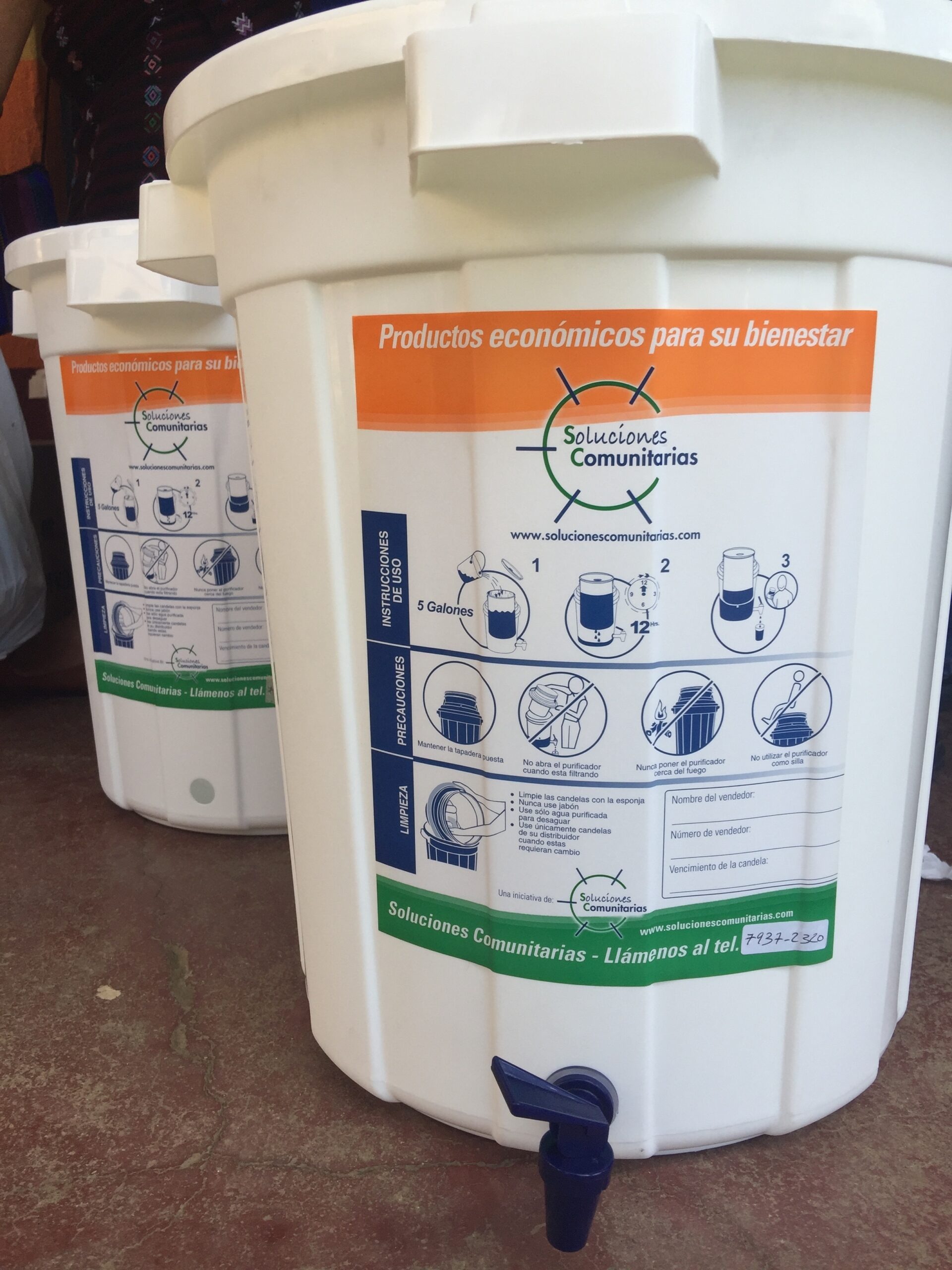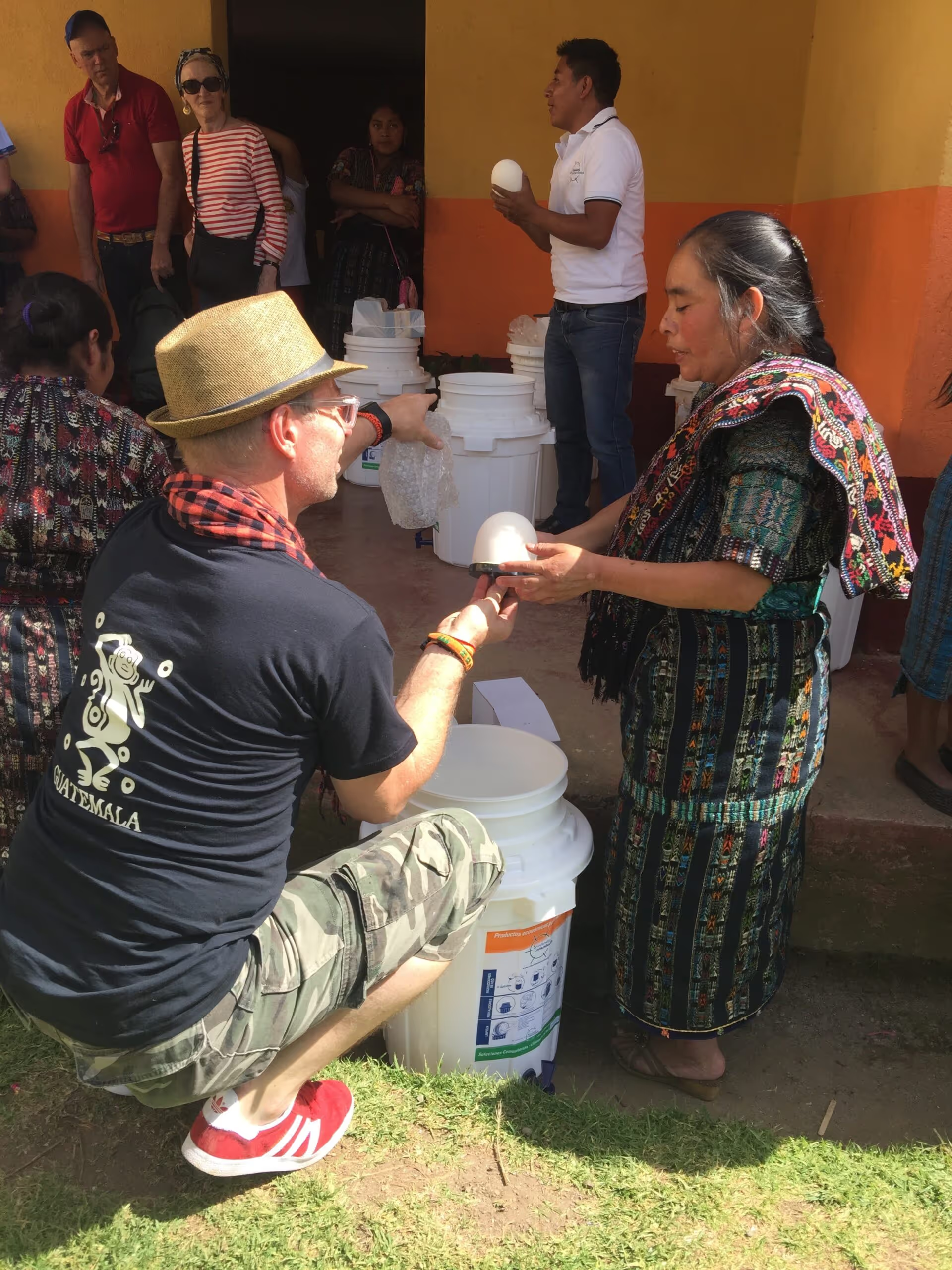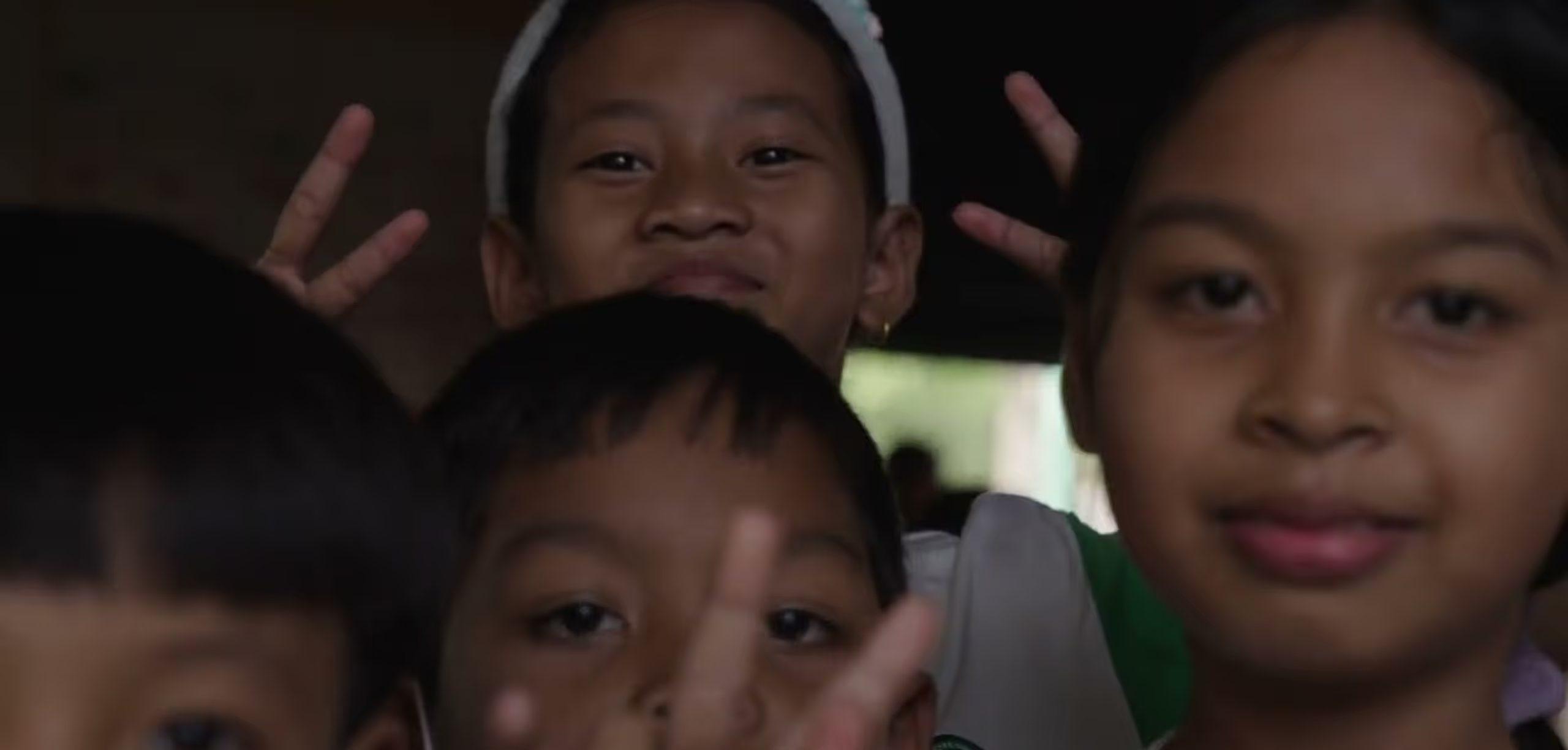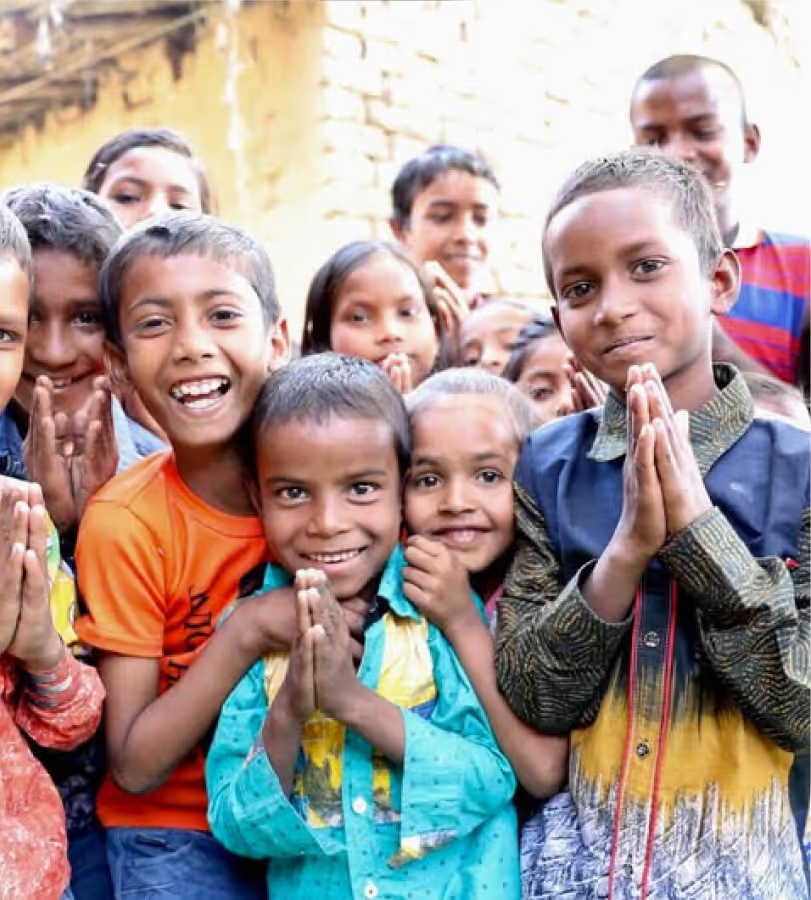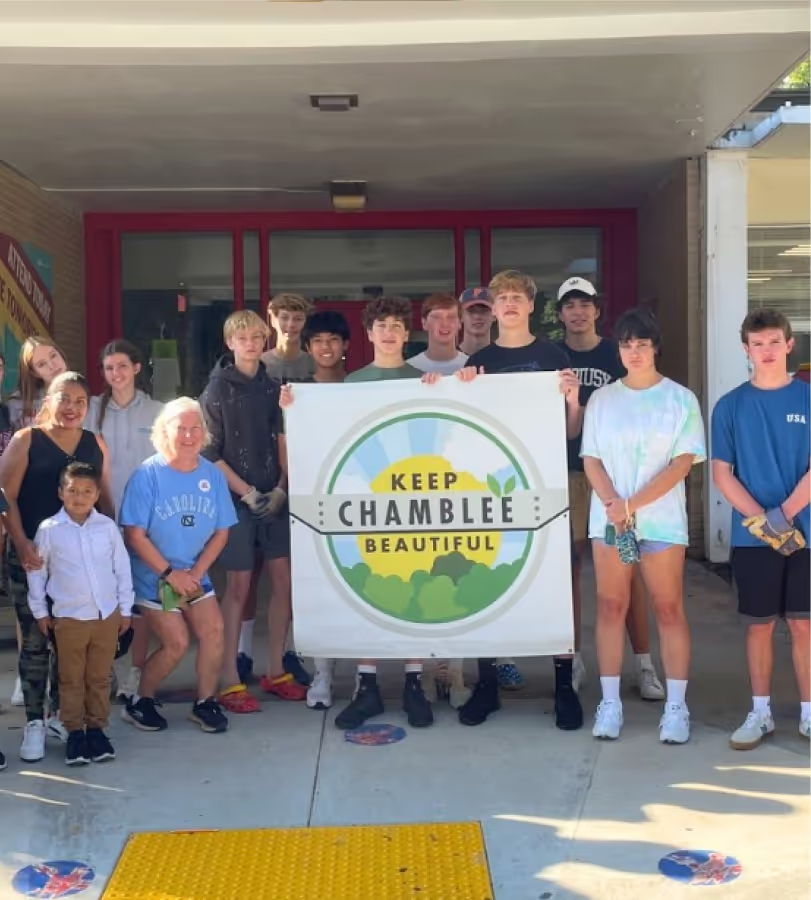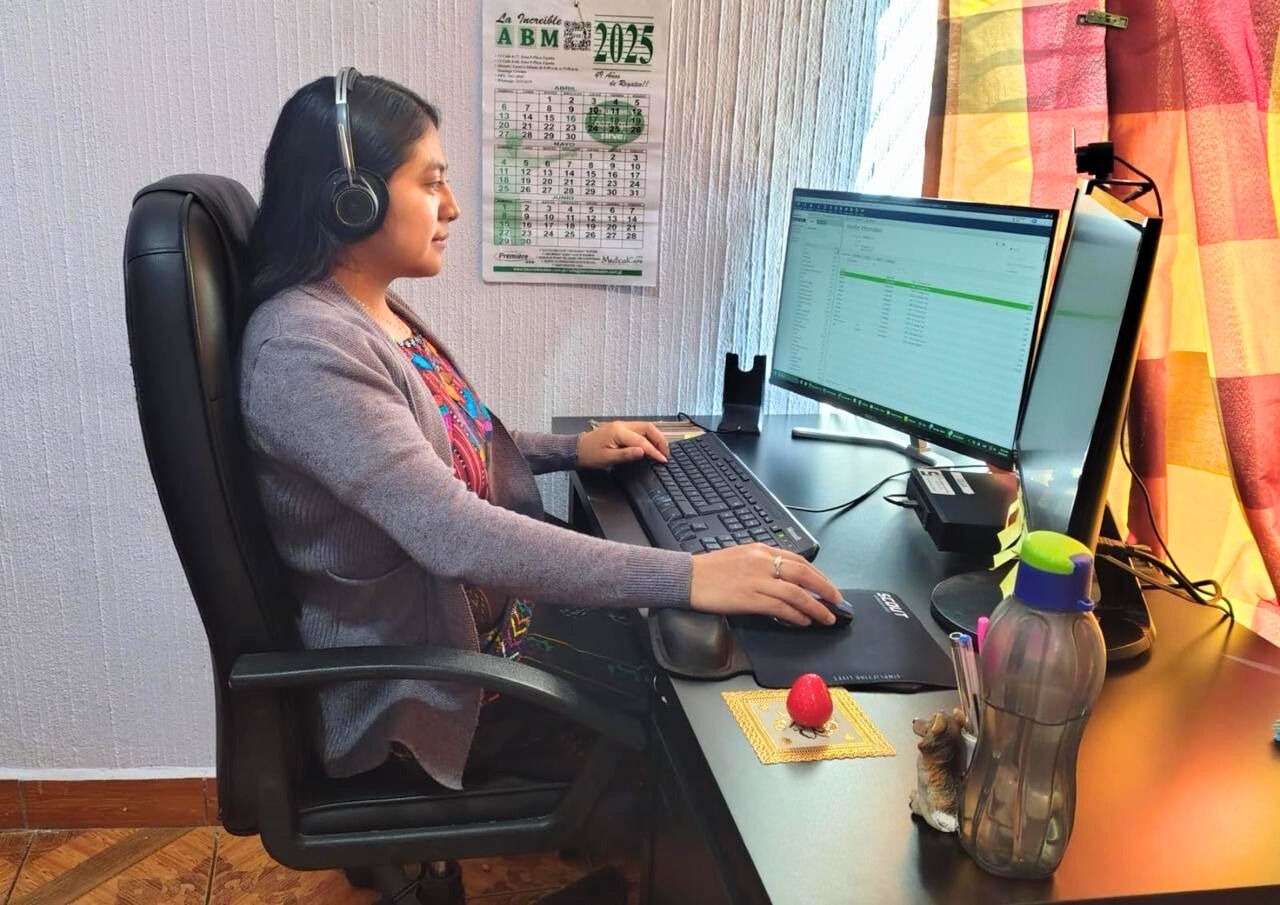
Guatemala
Education in Guatemala is free and mandatory for children aged seven to 14. They are then eligible to study at a university level. The curriculum is broad, including English, history, geography, mathematics, science, music, social science, and technology.
However, the situation isn't as positive as it may seem.
The education system is sadly underfunded, with many classrooms, especially in rural areas, not meeting minimum standards for space, teaching materials, classroom equipment, furniture, and sanitation. Nearly 10 percent of children have to work before and after school to contribute to their family income. They are therefore commonly tired and disengaged in an education system delivered by under-qualified teachers, with few resources. Consequently, positive outcomes are limited.
The other challenge is that when each child reaches the age of 14, mandatory education ends. There is no financial support for students to continue their studies. The biggest challenge for educational improvement in Guatemala is therefore the high dropout rate. Questioning the practical value of an education in their communities' economies, poverty, and the need to contribute to their family's income results in only about 29 percent of students continuing their basic education beyond the age of 14 (AACRAO). The result is that 83.3% of the population age 15 and over is illiterate.

Fresh Water Resources

English Immersion

Learning Centers
Kaleidoscope’s Journey
It was one of KCF's board members, Randy Stephenson, who first raised our awareness of the plight in Guatemala. When we first visited the country, we wanted to understand how we could best help the improvement of education. It quickly became clear that supporting more students to continue their education beyond the age of 14 would have the most significant impact.
In 2021, we partnered with FORMA, an education-focused charity in Guatemala, to offer education scholarships to 25 students residing in impoverished, rural areas.
Collaborating with local schools, we supported students meticulously vetted based on their ambition, work ethic, financial need, leadership potential, and their families' commitment to the program. Without the scholarships, every student in our program would have dropped out of school, facing inevitable economic disadvantage.
We continue our fundraising to provide scholarships to more students.
Currently, FORMA (Forging My Tomorrow) currently has 30 students enrolled in their program with 14 new scholarship students. In 2025, a new after school English program was started for the first-year students. After they attend their regular school classes, they come to FORMA for lunch and intensive English instruction.
FORMA also supports five learning centers which provide effective and engaging ways to help students learn.

Clean Water Initiatives
Guatemala's 95 percent surface water contamination prompted our 2017 'Clean Water' mission. We delivered 100 water filters and funded water safety and filter usage training, for indigenous families near Lake Atitlán.
Candelaria and Gregorio de García - Directors
Candelaria and Gregorio de García are the founders and directors of Jabel Tinamit Language School, one of Guatemala's most respected educational institutions. Our partnership with them began in 2017, and under their guidance, Kaleidoscope Child Foundation funds targeted initiatives and educational scholarships focused on clean water access, learning center expansions, and IT computer labs in underserved villages near Panajachel.
Their exceptional ability to mentor and vet hundreds of children across numerous Mayan communities has become a nationally recognized model-particularly for advancing barrier-breaking education among young Central American girls.
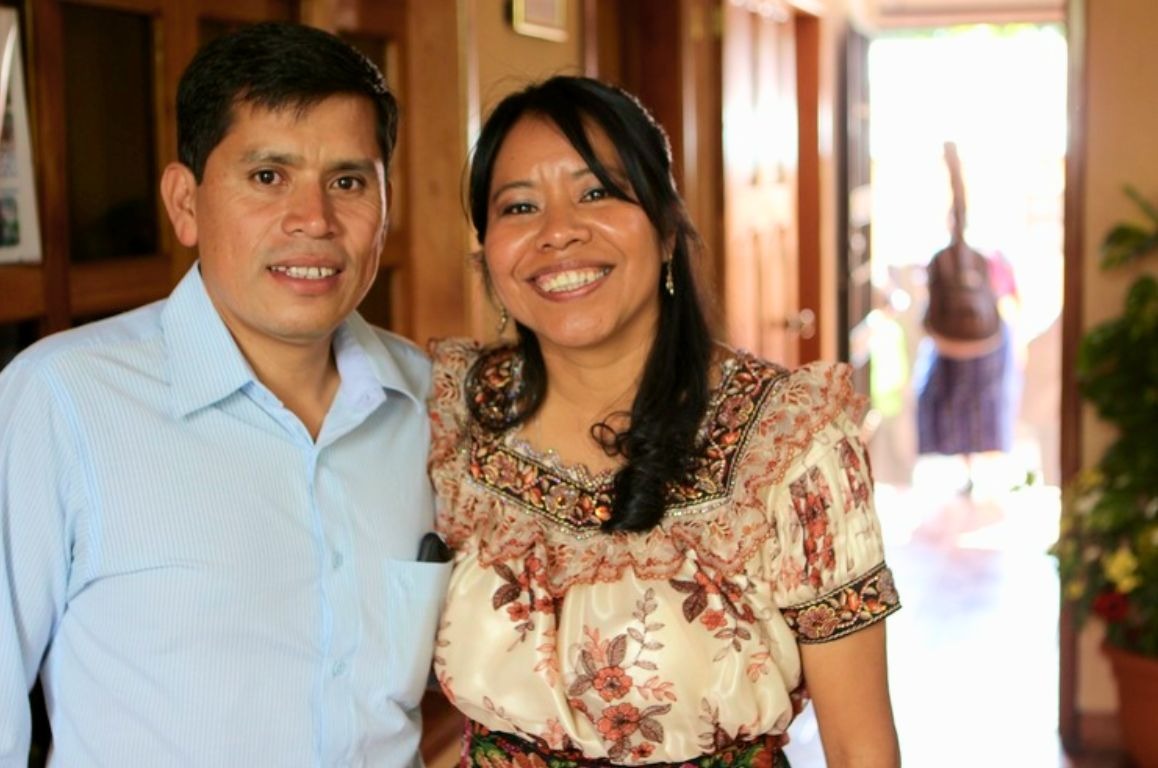
Candalaria share’s her journey and determination
Meet Mayra!
My name is Mayra, and I'm from San Andrés Semetabaj, a small community in Guatemala.
Growing up, opportunities for girls in my town were limited. Finishing elementary school and continuing my education was uncertain. My mother, a single mom raising six children, struggled to afford school for all of us. My only option was to work during the week and study on the weekends. It wasn't what I had dreamed of-but continuing my education was all I wanted.
One of my elementary school teachers noticed my determination and was concerned about my future. They recommended a new scholarship program that had just launched to support students around Lake Atitlán back in 2011. I traveled with my mother to learn more, and that's when I met Candelaria and Gregorio. They interviewed me that day-and I was accepted into their program: FORMA - Forging My Tomorrow. This was the program that Kaleidoscope Child Foundation partnered with beginning in 2017 to fund scholarships.
I learned the possibility of dreaming big and graduated from the FORMA program in 2016. After that, I had the amazing opportunity to study in the United States for a few semesters. When I returned to Guatemala, I worked for Telus for two years. Then, I joined an apprenticeship program at Torrent Consulting, where I was introduced to the Salesforce platform. Through hard work and dedication, I eventually became an Analyst and was offered a full-time position.
One of the most important lessons I've learned is the value of service-of giving back to my community. I'm proud to be part of Guatemala Can Lead, a program that teaches English to children. Their example reminds me that when we serve others, we live with purpose.

Meet Veronica!
My name is Santa Verónica, and I am from San Antonio Palopó.
Since I was 16 years old, I have had the opportunity to be part of the FORMA/Kaleidoscope Program, and from that moment on, my life began to take a different direction. This program has not only provided academic support, but also the tools to believe in myself and build the future I dreamed of. Receiving a diploma in front of family, friends and community will be one of the greatest thrills of my life. I remember hoping that another young girl watching might become inspired to follow the same dream I have.
Thanks to this educational support, I graduated-something that represents more than just a diploma. It is proof of my effort, and a reminder that others with my same history and struggle can also succeed with the blessing of support. I have received scholarship offers to study in the United States next year.
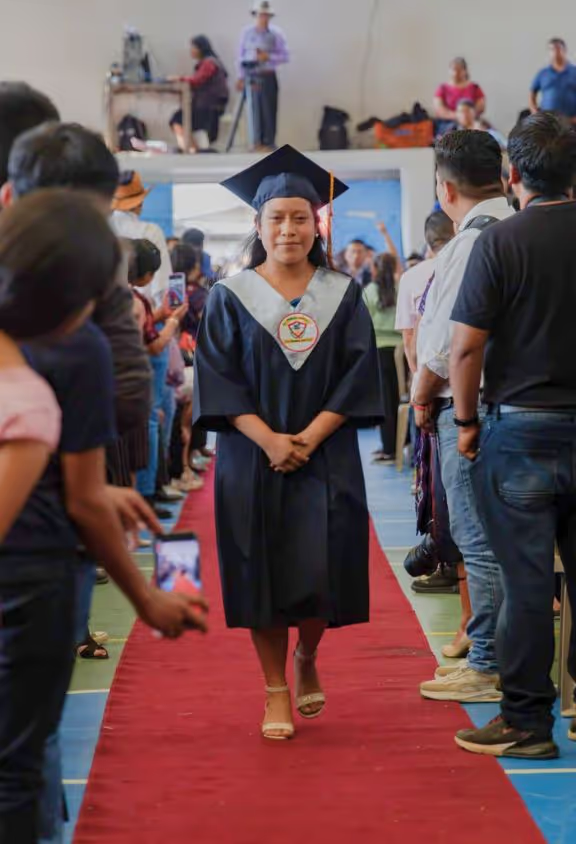
Meet Olga!
My name is Olga, and I'm 23 years old, currently studying and working. This is my final year of college, and I'm very excited to graduate because I've faced many challenges along the way. When I began middle school, my parents didn't want me to continue studying. They believed it was a waste of time and thought I would end up marrying young instead of pursuing an education.
That's when I learned about the FORMA/Kaleidoscope program.
The program supports students-especially young women who have limited access to education and financial resources. I learned how to be a leader in my community by helping children with math, English, and reading in Spanish, since most of them speak Kaqchikel as their first language. This experience helped me overcome my shyness and gave me the opportunity to learn English. Thanks to that, I got a job at an international company based in Canada, where I currently work in the accounting department. Working there has taught me about different cultures, and now I'm able to support my family financially, as well as help my siblings with their education.
The chance at an education changed my life and the life of my family. Now, my parents encourage me, my siblings, and others to keep studying and reach their goals.
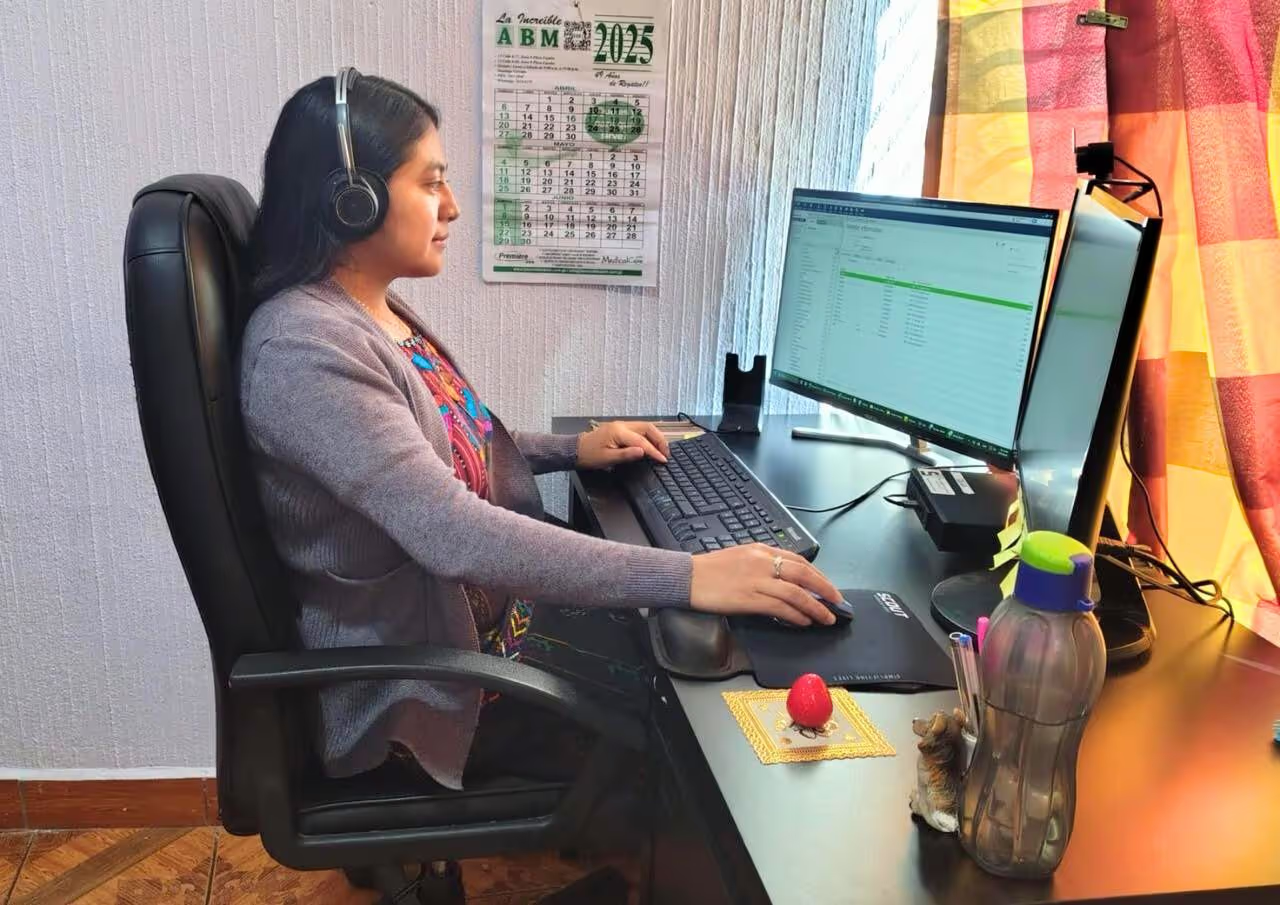
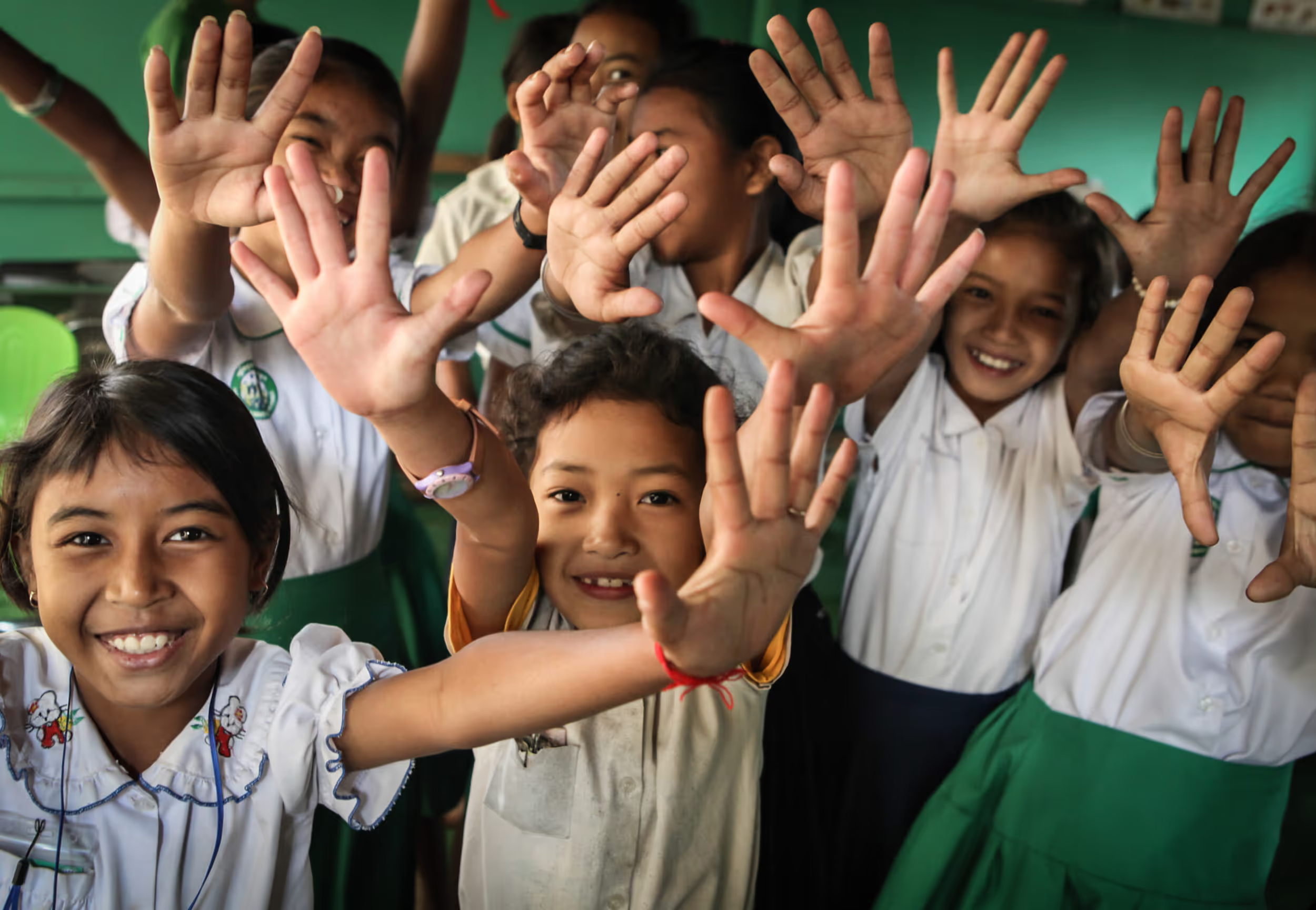
Get Involved!
There are many ways to support our mission. Your donation and volunteerism are deeply appreciated.
Learn more about how you can get involved today.


